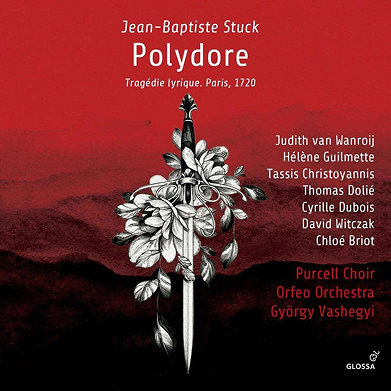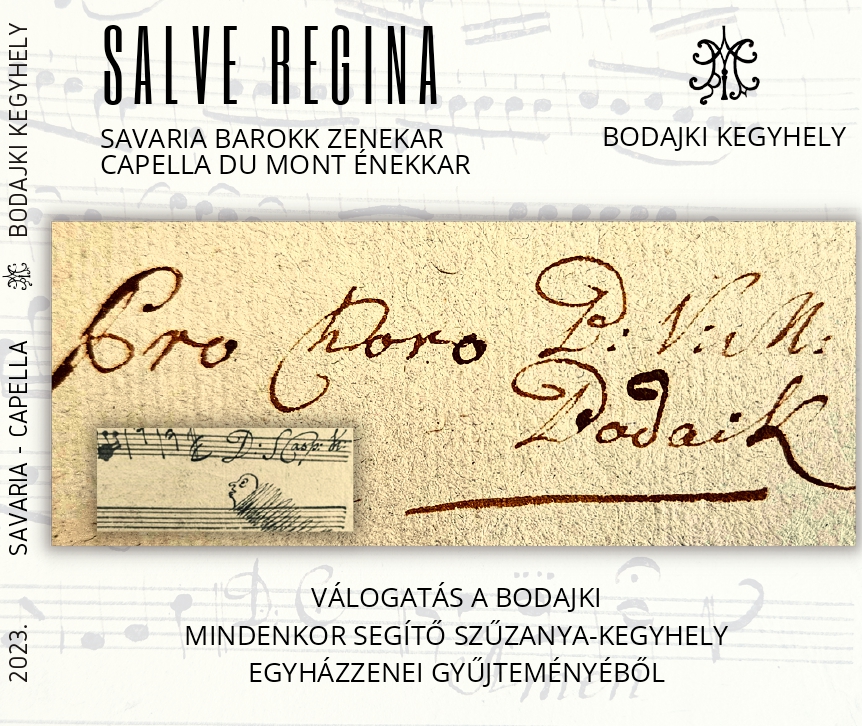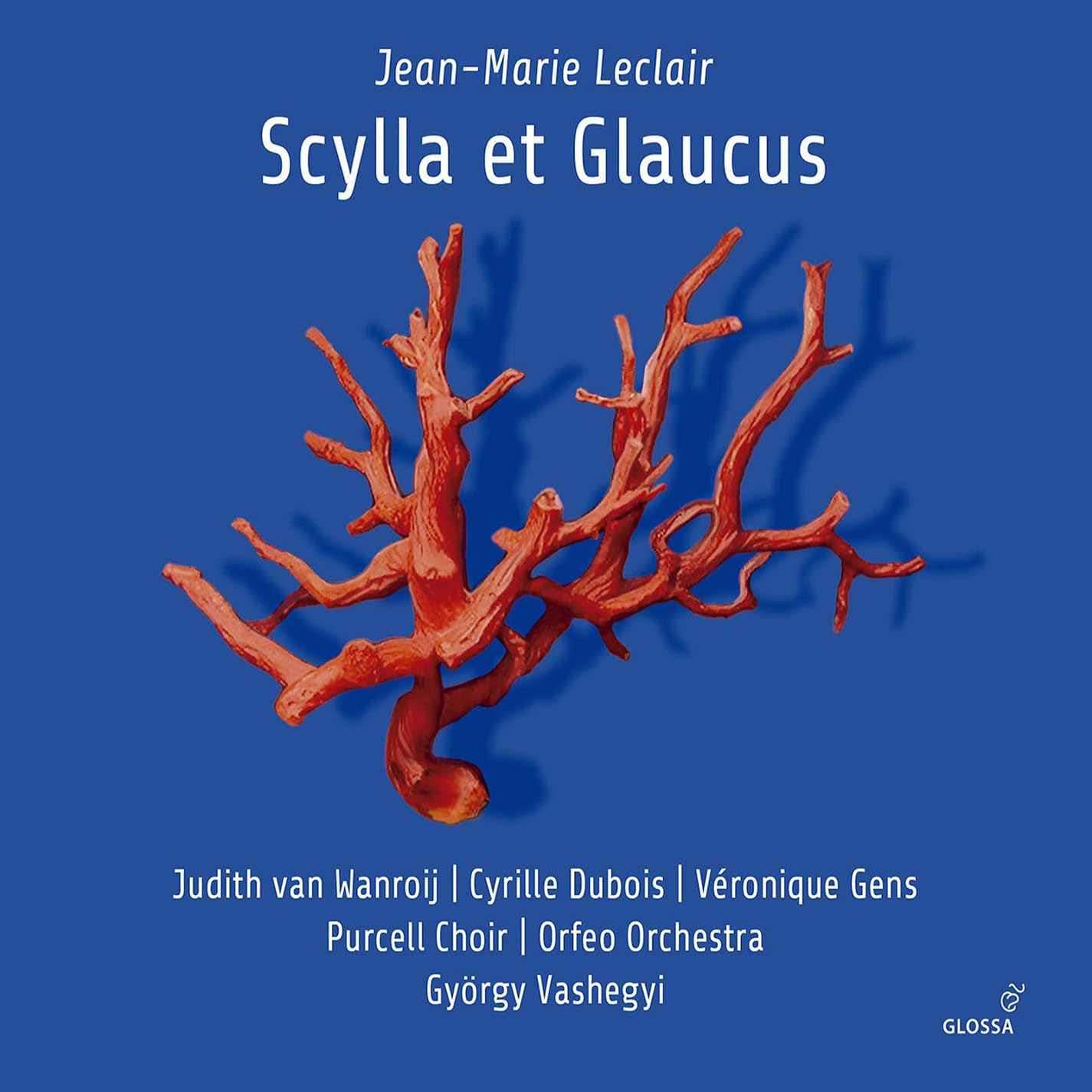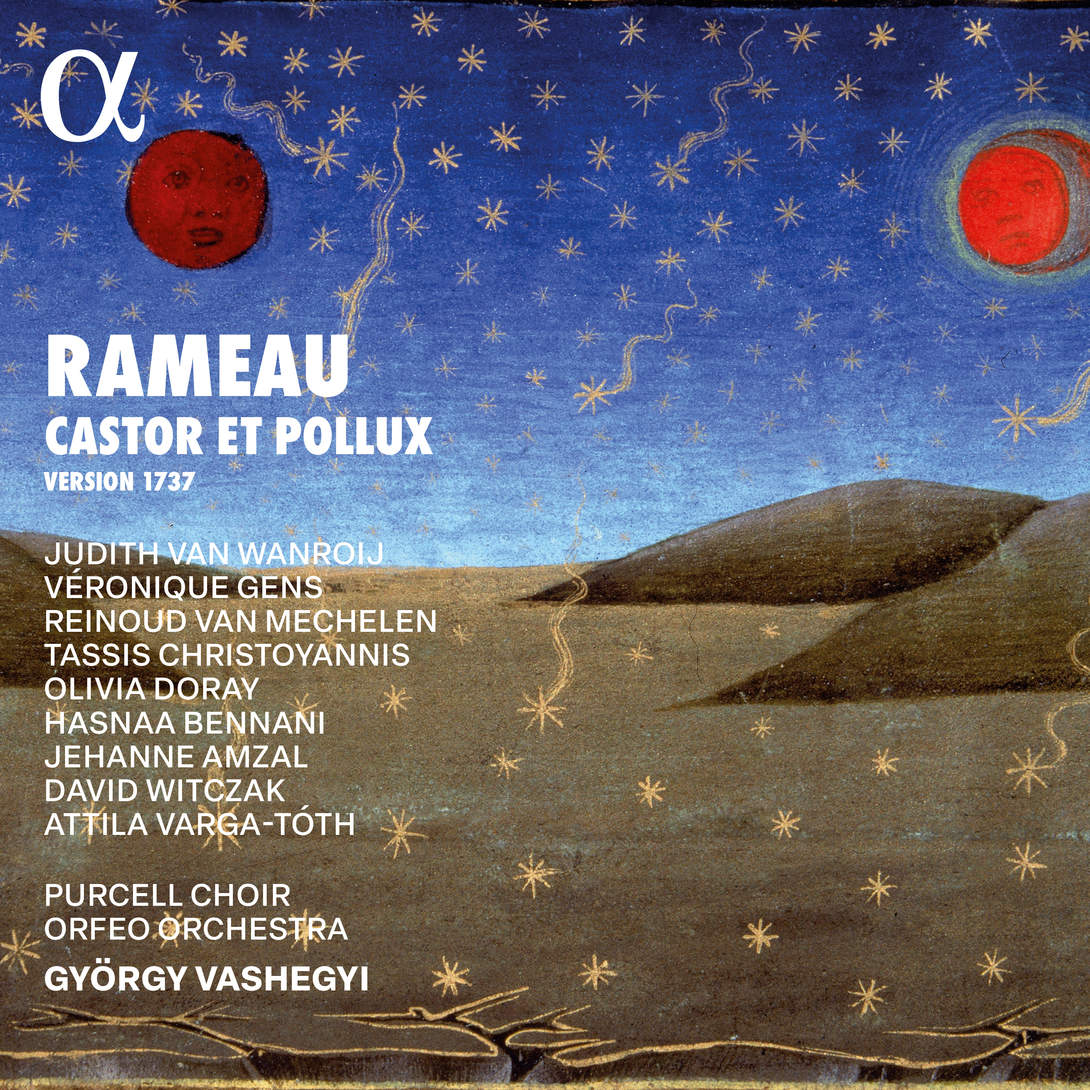Ilione Hélène Guilmette (soprano)
Déidamie/Vénus Judith Van Wanroij (soprano)
Polidore Tassis Christoyannis (bariton)
Polymnestor Thomas Dolié (bariton)
Thétis/A sailor/Théano Chloé Briot (soprano)
Triton/Sthénélus/A Thracian/Timanthe/A Greek Cyrille Dubois (tenor)
Neptune/High priest/The shade of Déiphile David Witczak (bariton)
Purcell Choir, Orfeo Orchestra (on period instruments)
Conductor: György Vashegyi
Recording: 12-14 September 2022, Müpa Budapest
Concert: 13 September 2022, Müpa Budapest
Release: 14 April 2023
Label: Glossa Music
Released in collaboration with the Haydneum, the Centre de musique baroque de Versailles, and the Orfeo Music Foundation.



